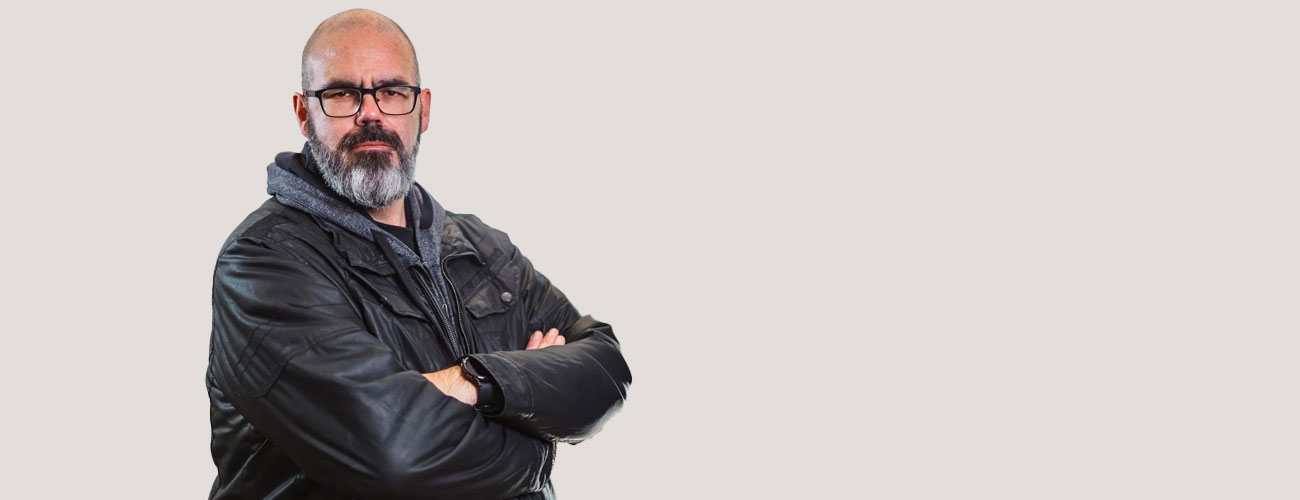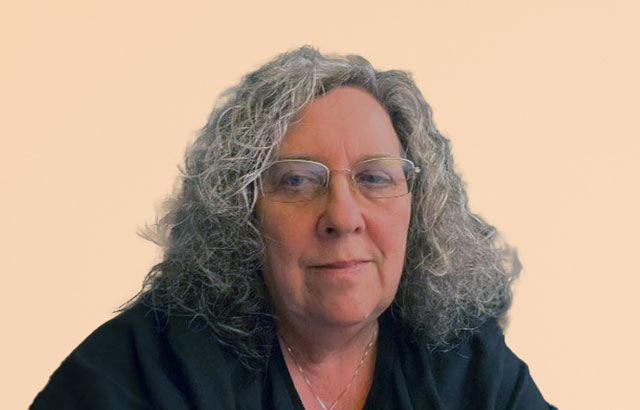Kurt Yeo left a 16-year corporate career in information systems to help smokers switch to vaping after he did so himself over a decade ago. After growing tired of seeing misinformation about safer nicotine products in the media, Kurt co-founded Vaping Saved My Life (VSML) in 2017 as a testimonial portal where vaping ex-smokers in his native South Africa could share their quitting journeys with others.
So like a lot of people we interview in this segment, did your advocacy journey begin when you quit smoking yourself?
I come from a very big smoking family. My father comes from a military background and my mom comes from an auto mechanic family. Effectively, I’d probably smoked while I was in the womb given how much my entire family smoked; I think only one or two didn’t smoke when I was growing up. So I started in my late teens and smoked for about 20 years. I was doing 40 plus cigarettes a day, and I was smoking strong cigarettes.
My father passed away from a massive heart attack – certainly smoking related – a couple of days before we were due to get married. Funnily enough actually, today is my 22nd wedding anniversary.
How old was he?
He was 53. I always say that my father survived the border wars in South Africa, he survived two broken necks. He was a provincial rugby player when he was a youngster. But the thing that eventually killed him was a cigarette.
So young. I’m sorry you went through that.
That was the start of my quit journey. It took me over a decade and too many failed attempts to count. I wasn’t much of an acupuncture, gum or patch kind of guy, I just tried multiple times to quit cold turkey and failed hopelessly. But then vaping made its way to South Africa: there was a brand called Twisp that entered the market early and was since bought by BAT – and I bought one of theirs about a decade ago. It was an early model, one with the little blue light at the end – and it did help me cut down. But I only found the right device for me when someone started selling tank-style vapes out of the boot of his car.
It was within 3 days that I never touched another cigarette, and I haven’t smoked since. That was remarkable. I mean, I was incredibly desperate to quit. By that stage, we had our son, and I was really feeling the guilt from my son not having been able to know his grandfather because of the same thing I was doing; not knowing many of my uncles and so forth because of smoking.
I eventually started helping people find devices to help them quit smoking in the office. And, eventually, the company I worked for told me to stop. So I eventually decided to quit my corporate position and started a small vape shop.
I don’t know much about how the vaping community developed in South Africa. Can you tell me a little bit about how the movement developed?
South Africa first saw vapes about a year or so after we saw them in Europe and the United States. That started with people that had traveled around the world, saw these devices, bought something, and then came back to SA and started importing. Our first major importer was called Twisp – the product I started on. That company is now owned by British American Tobacco and the brand name changed to Vuse. But back at the start it was just two guys in Cape Town who started their own small company. And then, just like everywhere else, we started to see specialised retail and more advanced products hit the market, and those were what really drove up quit rates among people that used them.
So back to the vape shop. You still own it?
From a business perspective, it was an absolute disaster! But in that retail space, I started seeing very similar stories to my own. People desperate to quit. People having family members dying and so on. And I started getting really upset about all the misinformation around vaping.
Was that because of the temporary ban South Africa put in place during the pandemic?
No, the shop closed just before that – I started in advocacy in 2017 and kind of lost focus on the business, which I ended up closing in 2019. But it’s a really interesting period to study. In 2020, the government banned all nicotine products for five and a half months as part of their pandemic restrictions. It was also the first time the SA Government acknowledged an e-cigarette in regulations: by banning them. Before the 2020 ban, illicit cigarettes made up around 35% of the market. A couple of months after the ban, that figure was over 60% and it hasn’t gone down since.
Have we seen something similar for vapes?
There is an illicit market for vapes, but the total market isn’t huge and that tells us something else which is very important: here in South Africa, giving up smoking is essentially a luxury activity. I think we are one of the most unequal societies in the world. We have a very small group of rich individuals, and we have an enormous population of poverty-stricken individuals. So only a very small set of the population are able to afford vaping products: If you can buy a box of cigarettes, a pack of twenties for $12, how are you gonna justify buying a disposable for $100?
The only real data that we have on this is from 2021 when Vaping Saved My Life did our first global adult tobacco survey in South Africa. Only 2.2% of the respondents had ever used an e-cigarette compared to the 26% that smoke.
So there’s no organised cessation help at all in South Africa?
One of my most passionate beliefs is that in order for us to address smoking, we need to start looking at creating cessation programs. South Africa’s regulations have always been about taxation and, well, regulations on where you can and can’t use the products. But there’s never ever been a focus on creating support or having support for people that actually want to quit. 67% of smokers in SA want to quit. But there’s nothing to help them. There’s no cessation support. There are no NRTs or drugs in our public health systems. In order for you to quit smoking in South Africa, you have to be relatively wealthy to afford vaping or NRT. Vaping is not going to be the silver bullet in South Africa for that reason, but nicotine pouches could very well be because of the price point.
We need to look at this in the same way we offer our communities HIV and AIDS treatment and free condoms, and a whole host of other support mechanisms to try to reduce the rate of HIV in the country.
How did Vaping Saved My Life come about?
It started as a Facebook page that I and a fellow vape shop owner started in 2017. All we did was invite people to upload their testimonials, whether it be video or written, highlighting how vaping had helped them quit smoking. A lot of the news outlets in South Africa started carrying what could be described as misinformation about vaping in 2016 and 2017. We saw the unsubstantiated scare about popcorn lung, and a whole bunch of people coming out saying that vaping is just as harmful as cigarettes. Craig – my partner on VSML – and I were talking over Zoom and we said, well, how do we address this? Because this is definitely not our experience.
Craig is in a similar boat to me. Craig almost died from smoking cigars. I mean, he was a cigar smoker, proper cigar smoker, inhaling it and doing at least 12 cigars a day. I mean, it was just ridiculous. And we just said, well, what do we do? So we said we’d create the page and then invite people that we know in the vape space to upload their testimonials. Then in 2019, Facebook took offense to a lot of the messaging that we had on there, and they deleted pretty much all of the testimonials, which forced us to look at our own website. By that time, Craig had decided to focus on his shop, and I took over the movement all by myself. It is just effectively a movement. It’s not even an NGO or anything. It’s just a movement that I’ve funded myself since 2017, and just kept going at it until I got some sponsorships and scholarships from around the world.
How many testimonials are you up to now? Is it just in South Africa or is it global?
Just South Africa. We’re sitting at around 720 testimonials. We’ve got about 14,000 followers on our socials. But I think one of the biggest issues that faces the world, but in particular South Africa, is this apathy that no matter what we do, this is gonna be pushed down on us. You know, there’s just no way to change it. It’s very difficult and that doesn’t only just apply to vaping. It applies to a whole host of other things. People just say, well, what’s the point? We’re never gonna be heard.



